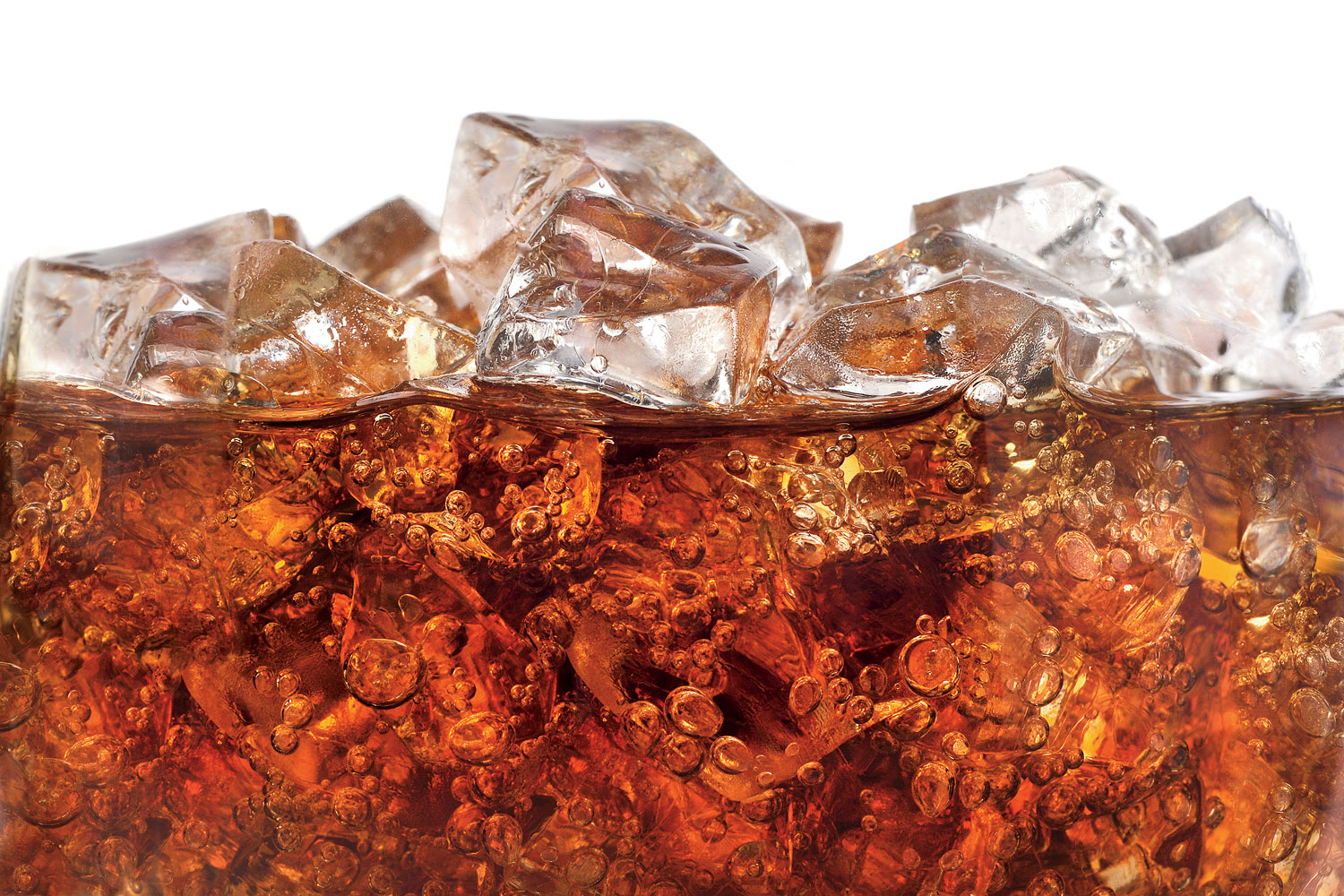Doesn’t Chicago already tax soda?
It sure does: Retailers pay an extra 3 percent when they buy cans and bottles wholesale. The new tax, starting July 1, will levy another penny per ounce on “sweetened beverages” in Cook County, for both businesses and average joes.
What exactly is a sweetened beverage?
Any drink in a can or bottle or from a fountain that tastes sugary and won’t get you drunk. Your Frappuccino is safe (a loophole exempts milk-based drinks); your Diet Dr. Pepper is not (zero-calorie sweeteners are still sweeteners). You’ll pay on lemonade from a fountain but not on powder you mix yourself. Also getting a pass: 100 percent fruit and vegetable juices.
So how much more will my soda fix cost me?
A 20-ounce bottle of Coke typically costs $2.25 with current Chicago, Cook County, and Illinois fees. It jumps to $2.45 with the new tax. Not too bad. But consumers will really feel the pinch when they buy in bulk. A 24-pack of cans rockets from $16.41 to $19.29 (yikes!).
What’ll it mean when I order soft drinks at a restaurant?
Say goodbye to free refills. The county is also going to start taxing restaurants on the syrup they use to make fountain drinks, to the tune of $38 for every five-gallon container. To offset that, many restaurants are considering ending free refills or raising prices, says Sam Toia, president and CEO of the Illinois Restaurant Association.
Why is Cook County messing with my soda jones?
Because it will rake in a predicted $74 million, and that’s just in the second half of 2017—all earmarked to help relieve the budget deficit. Silver lining for pop guzzlers: The county says the influx of cash will allow it to freeze sales and property taxes until 2020.
I’ve heard the tax unfairly targets poor people. Why is that?
Antitax lobbyists cite research indicating that low-income people are more likely to drink soda than middle-class folks. But Karen Larimer, the president of the American Heart Association’s Chicago board of directors, says the tax will save medical costs for the poor: “The last person who needs to be drinking two liters of sugary beverages a day is someone who has very little recourse for preventive health.” Indeed, soda consumption by low-income residents dropped 21 percent in Berkeley, California, after that city passed a similar tax in 2014.



